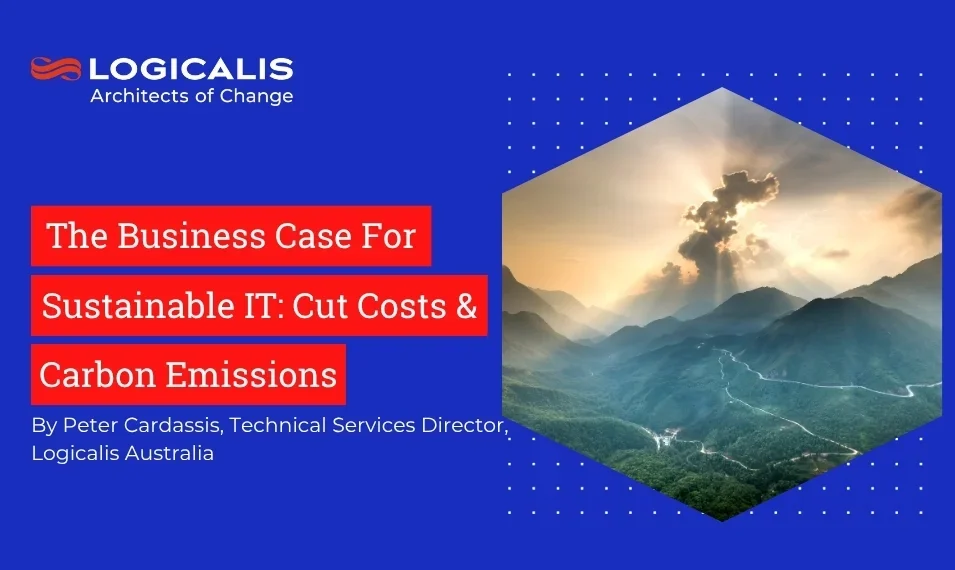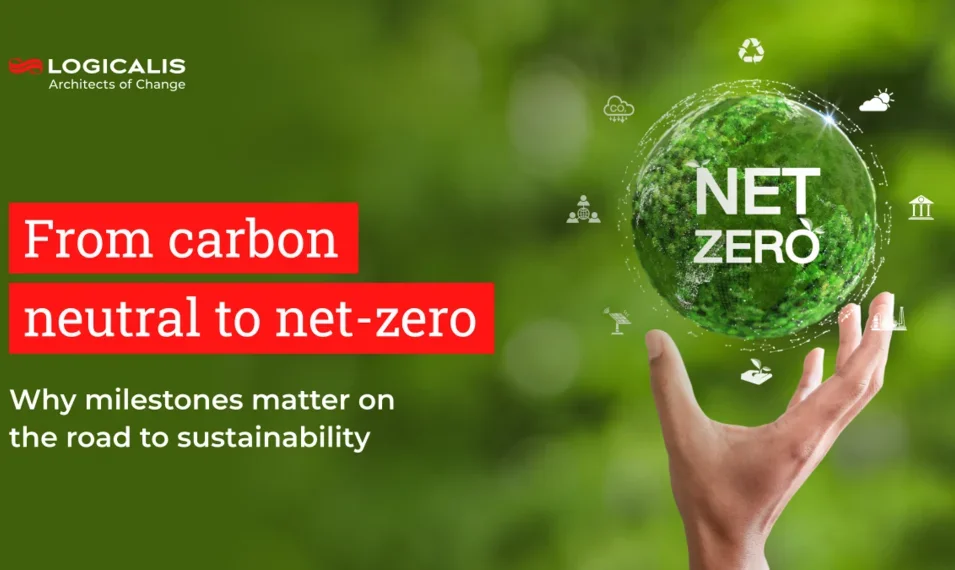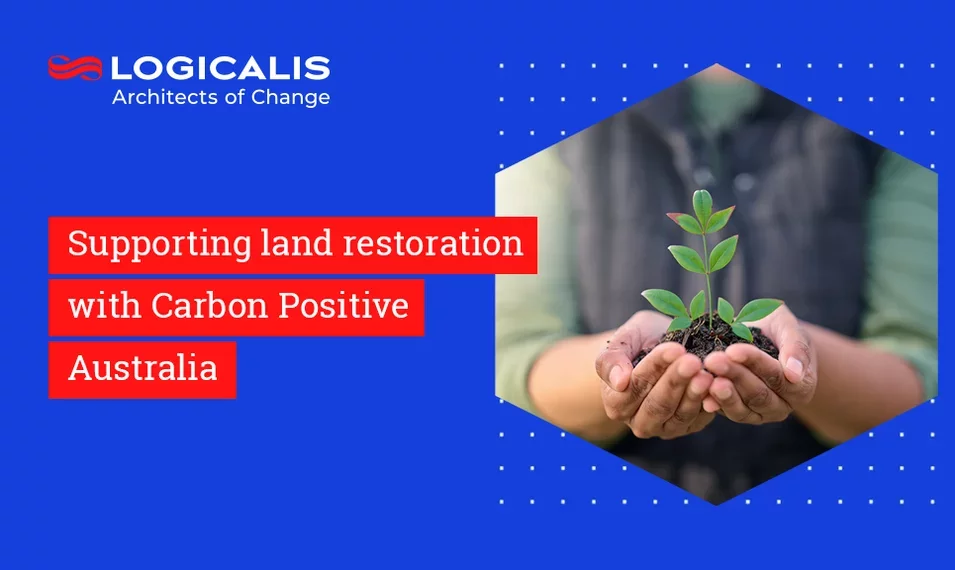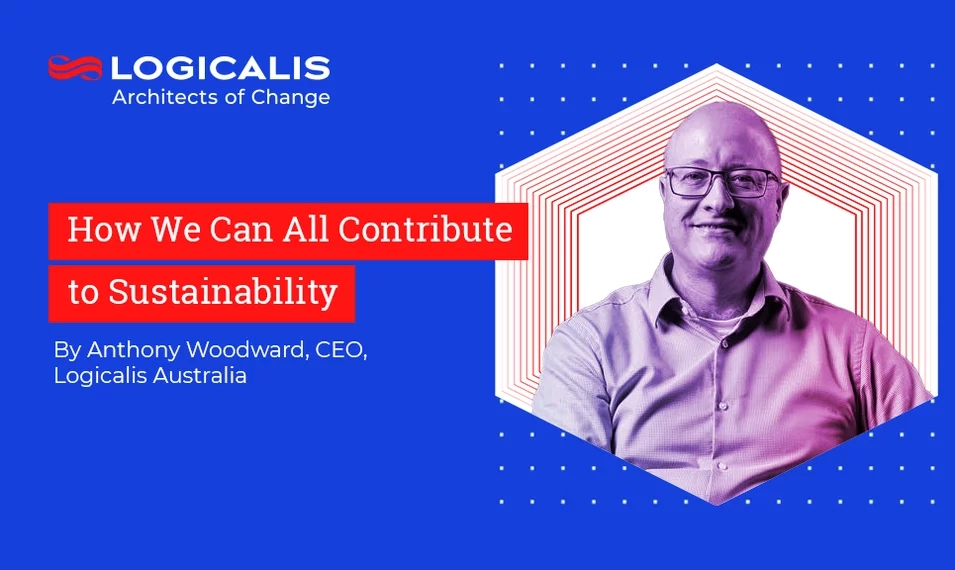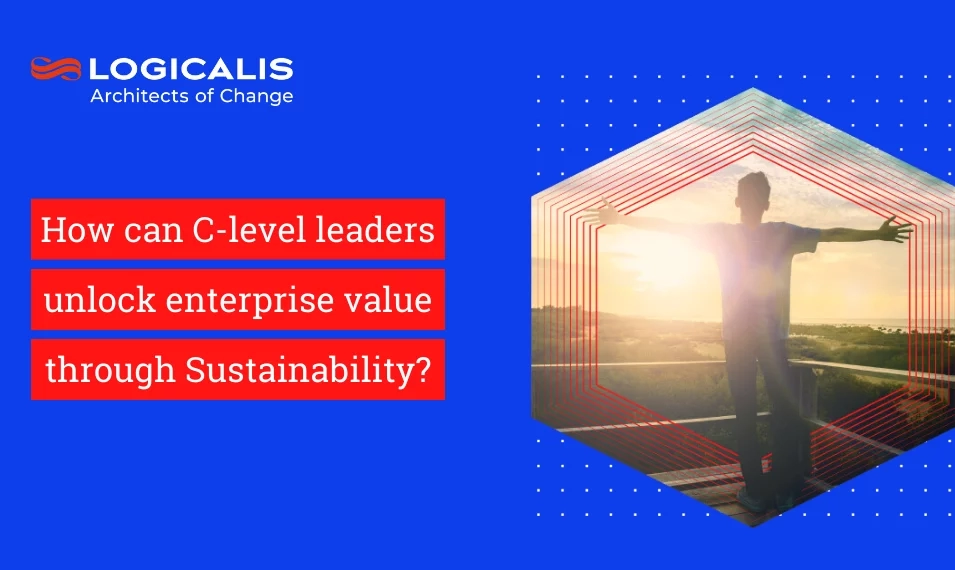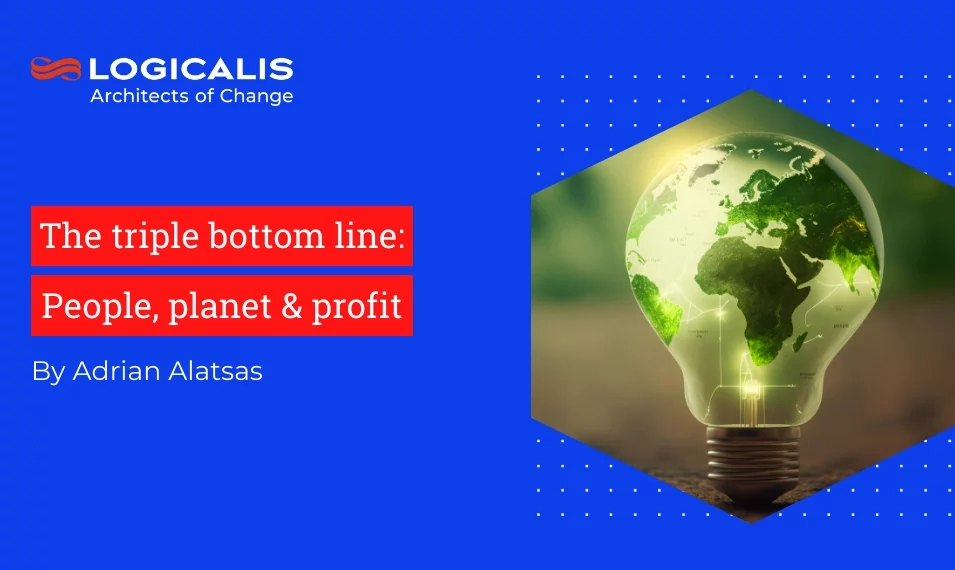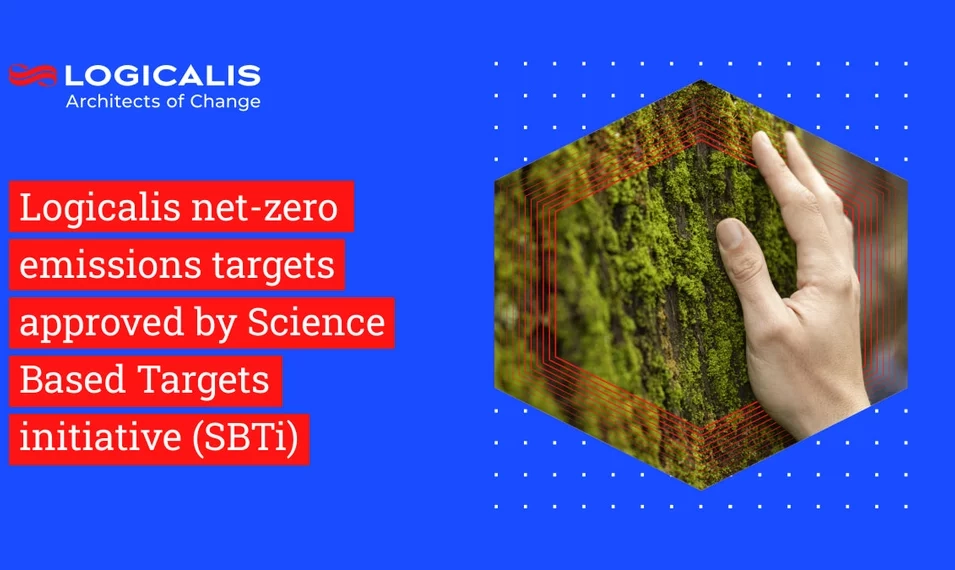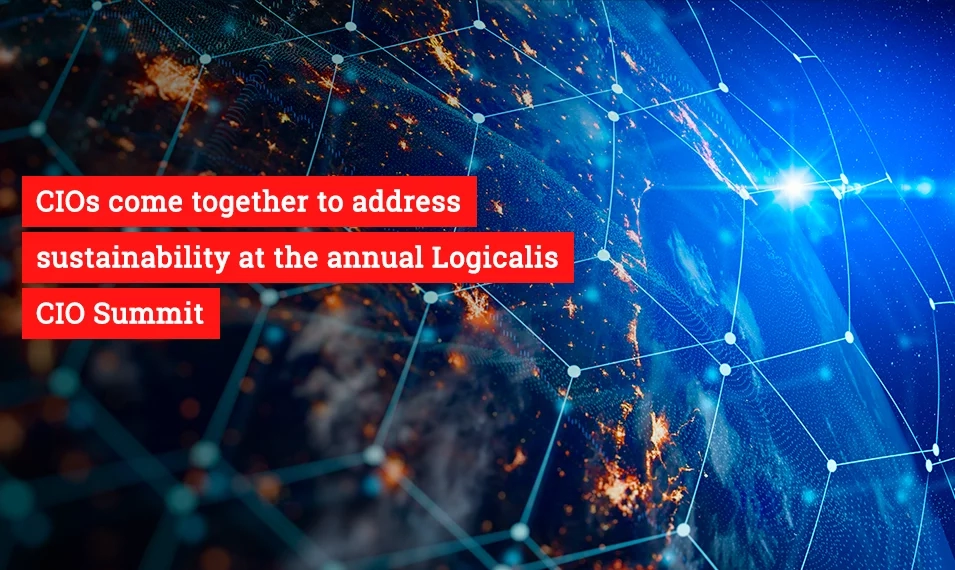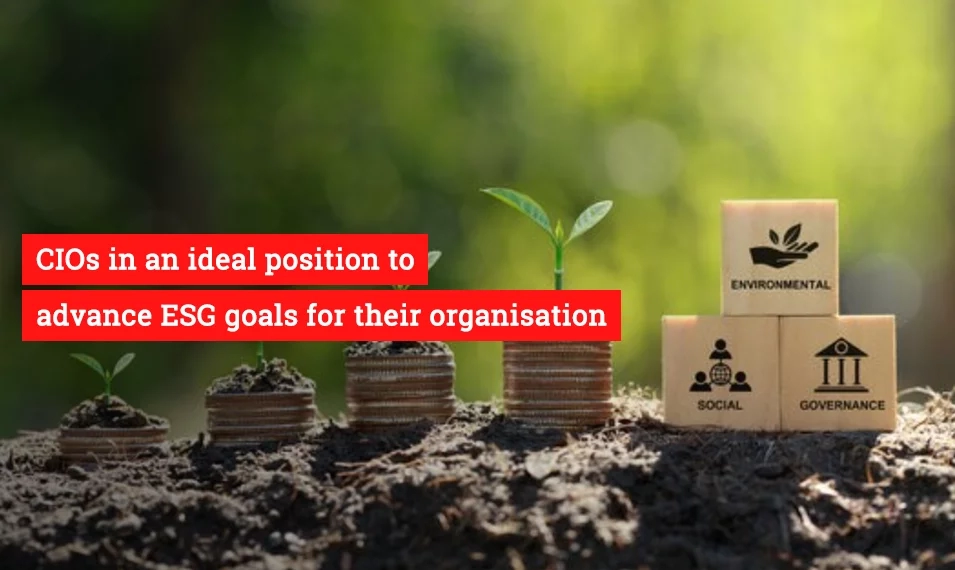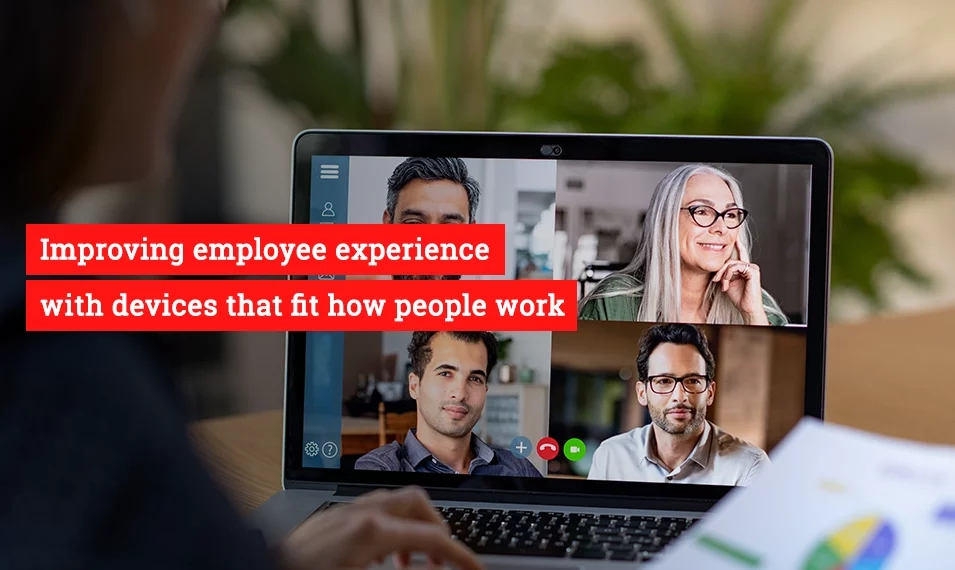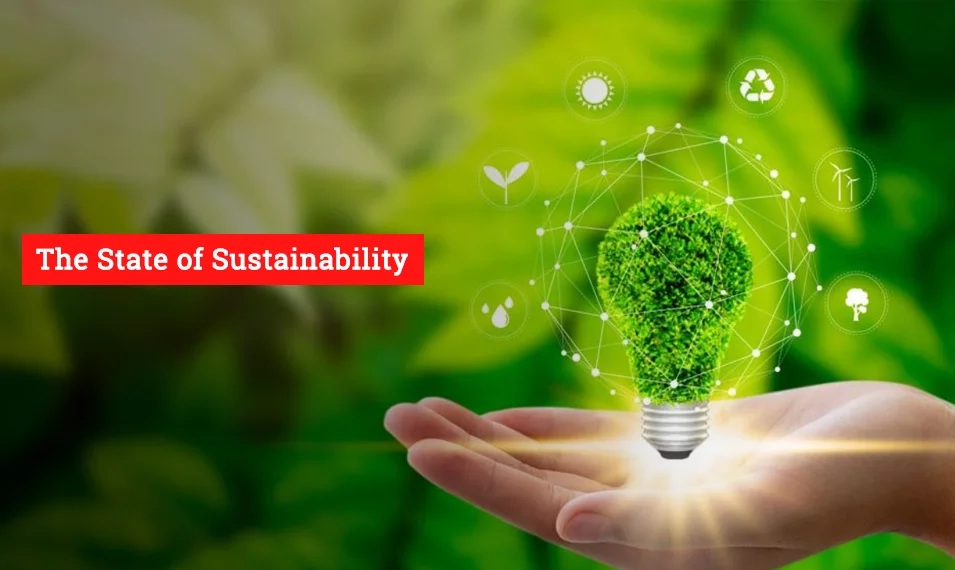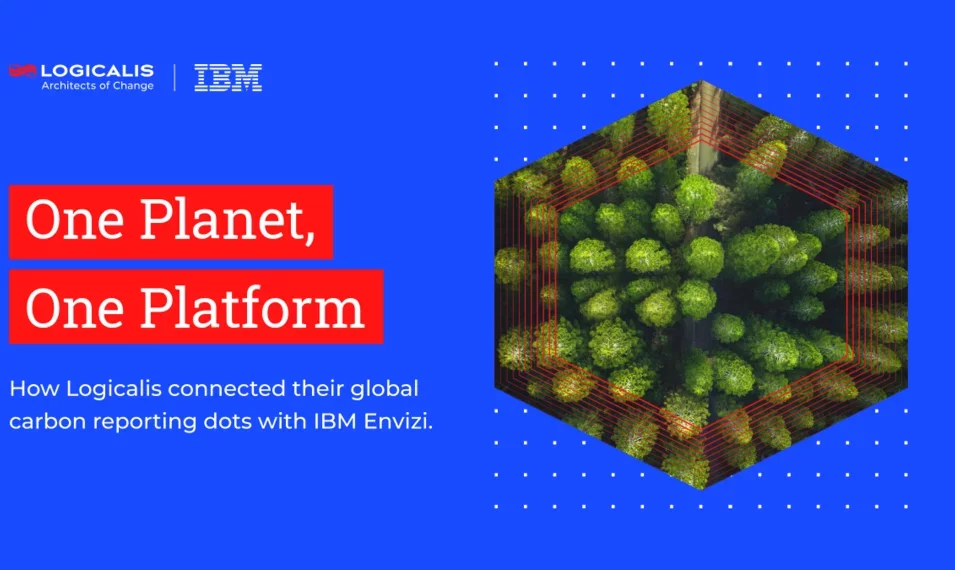
Australia, Dec 3, 2024
Download the PDF version of the case study
Logicalis, a global technology services organisation had set ambitious carbon goals to be carbon neutral on scope 1 & 2 by 2025 and net zero by 2050.
Despite leadership alignment, formalised commitments with SBTI and Ecovadis and a motivated council of ESG advocates across their 30 territories committed to regional data collection and reporting, data management was taking a real toll across the business.
An inefficient manual Excel spreadsheet system, stored in SharePoint, led to data access issues, infrequent updates, and a lack of data integrity controls.
The inadequate system led to challenges in data visualisation, version control, and quality assurance, compromising the company's capacity to meet stringent reporting standards and causing frustration among regional ESG advocates.
With a crucial reporting period approaching before their 2025 milestone, the Responsible Business team sought a market solution to address these challenges.
The decision-making criteria
With a clear view on the challenges they were solving for, Logicalis evaluated several options to address their complex organisational needs. The decision-making process focused on balancing effectiveness with affordability, considering the company's evolving data collection needs.
After careful consideration, IBM Envizi was selected due to a number of factors:
- The platform offered intuitive UI and dashboard reporting aligned to Logicalis
sustainability goals - The ability for Logicalis to import historical data to establish a baseline
- The IBM team showcased the potential significant improvement in process efficiencies alongside a competitive pricing structure
- Strong global partnership with IBM globally
The solution and implementation path
Logicalis selected four key modules from the Envizi ESG Suite:
1. Scope 1 & 2 GHG Accounting & Reporting
This module enables Logicalis to accurately measure and report on their direct emissions (Scope 1) and indirect emissions from purchased energy (Scope 2). For example, this could include emissions from company owned vehicles and electricity consumption in their offices.
2. Scope 3 GHC Accounting & Reporting
This component allows Logicalis to track and report on indirect emissions occurring in their value chain. This might include emissions from employee commuting, business travel, or the use of sold products.
3. Target Setting and Tracking
With this module, Logicalis can set science-based targets for emissions reduction and track progress over time. For instance, they might set a goal to reduce overall emissions by 50% by 2030.
4. ESG Reporting Frameworks
This feature supports reporting aligned with various global standards, such as GRI, SASB, or TCFD, ensuring Logicalis can meet diverse stakeholder reporting requirements across its 30 territories.
Getting started
Logicalis started the implementation process in March 2024 which was carefully structured to meet Logicalis reporting needs through the following areas:
- Organisational structure definition: Logicalis' reporting hierarchy was mapped out, considering geographical locations and business units. This step is crucial for accurate and granular reporting across every region.
- Reporting alignment: Key sustainability metrics were identified and matched with Envizi's reporting tools. This might include aligning carbon emission calculations with specific Envizi dashboards.
- System configuration: Logicalis' locations, utility accounts, and metering points were set up in the system. For example, each office location would be entered with its associated electricity and water meters.
- Ongoing data plan (ODP) development: A comprehensive plan was created to ensure continuous data flow into the system. This might involve setting up automated data feeds from utility providers or establishing a process for manual data entry where needed.
- Data connector integration: Automated connections were established to pull in relevant data. For instance, integrating with Logicalis' travel management system to capture business travel emissions data.
- Historical data import: Two years of historical data were imported, providing a baseline for future comparisons and trend analysis.
- Target setting implementation: The system was configured to track progress against Logicalis' sustainability goals, e.g switch to renewable energy.
- Single Sign-On (SSO) Setup: SSO was implemented to streamline user access and enhance security.
- User training: Comprehensive training sessions were conducted to ensure Logicalis staff could effectively use the system for reporting and analysis.
Outcomes and benefits
With the Envizi ESG Suite in place, Logicalis has significantly enhanced its sustainability management capabilities. They can now:
- Accurately track and report on their carbon footprint across all scopes
- Set and monitor progress towards science-based targets
- Generate reports compliant with various global ESG reporting standards
- Make data-driven decisions to improve their environmental performance
This implementation sets Logicalis up for success in delivering on its 2050 goal of reaching net zero in line with Science Based Targets Initiative.
Envizi has empowered our global team to collaborate more effectively to continue to drive meaningful environmental change. We're now able to focus on our ambitious sustainability goals and track our progress in real-time, no matter where our operations are located. This will make sustainability reporting a strategic asset rather than a burden -
Charissa Jaganath, Head of Responsible Business, Logicalis.

